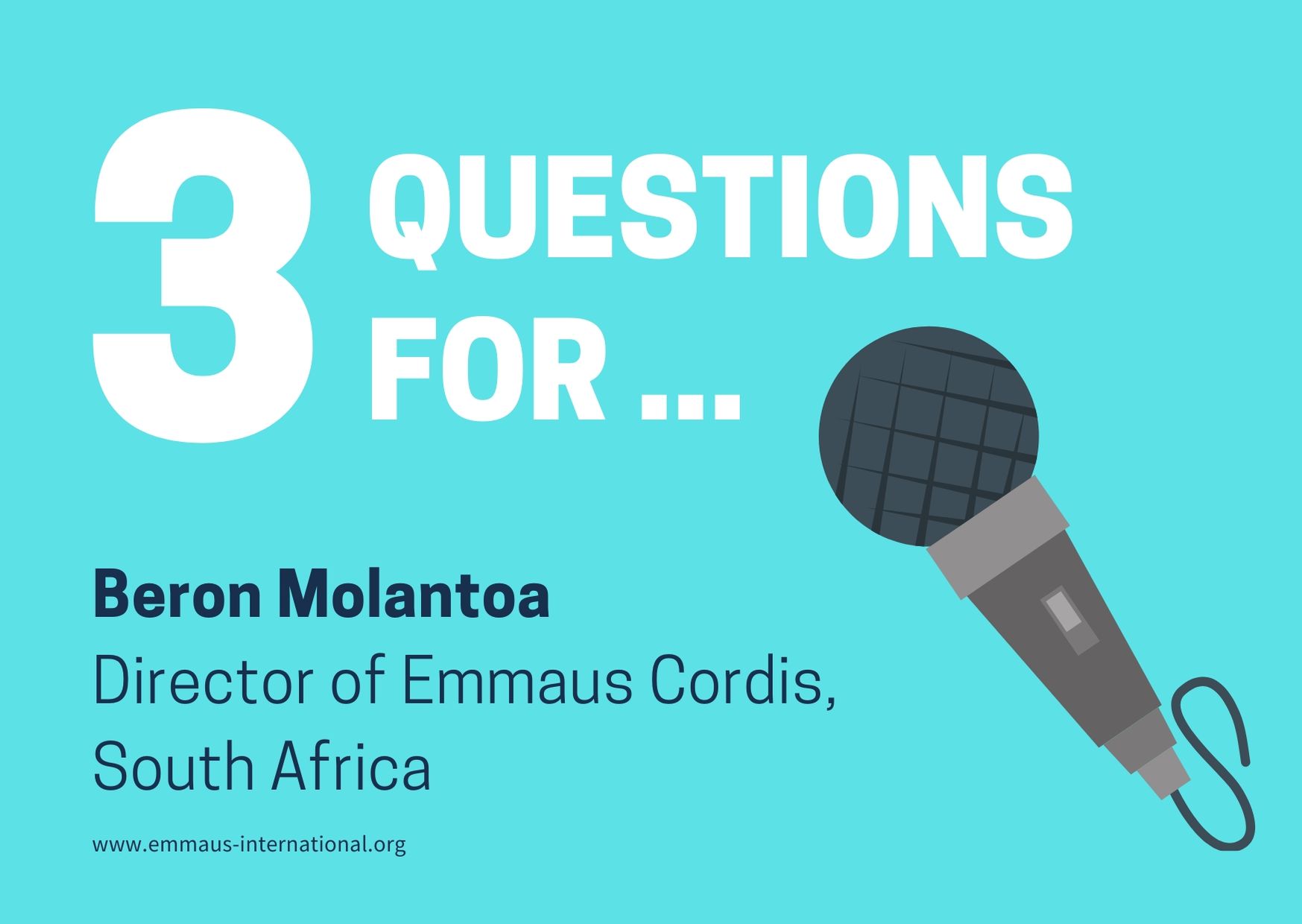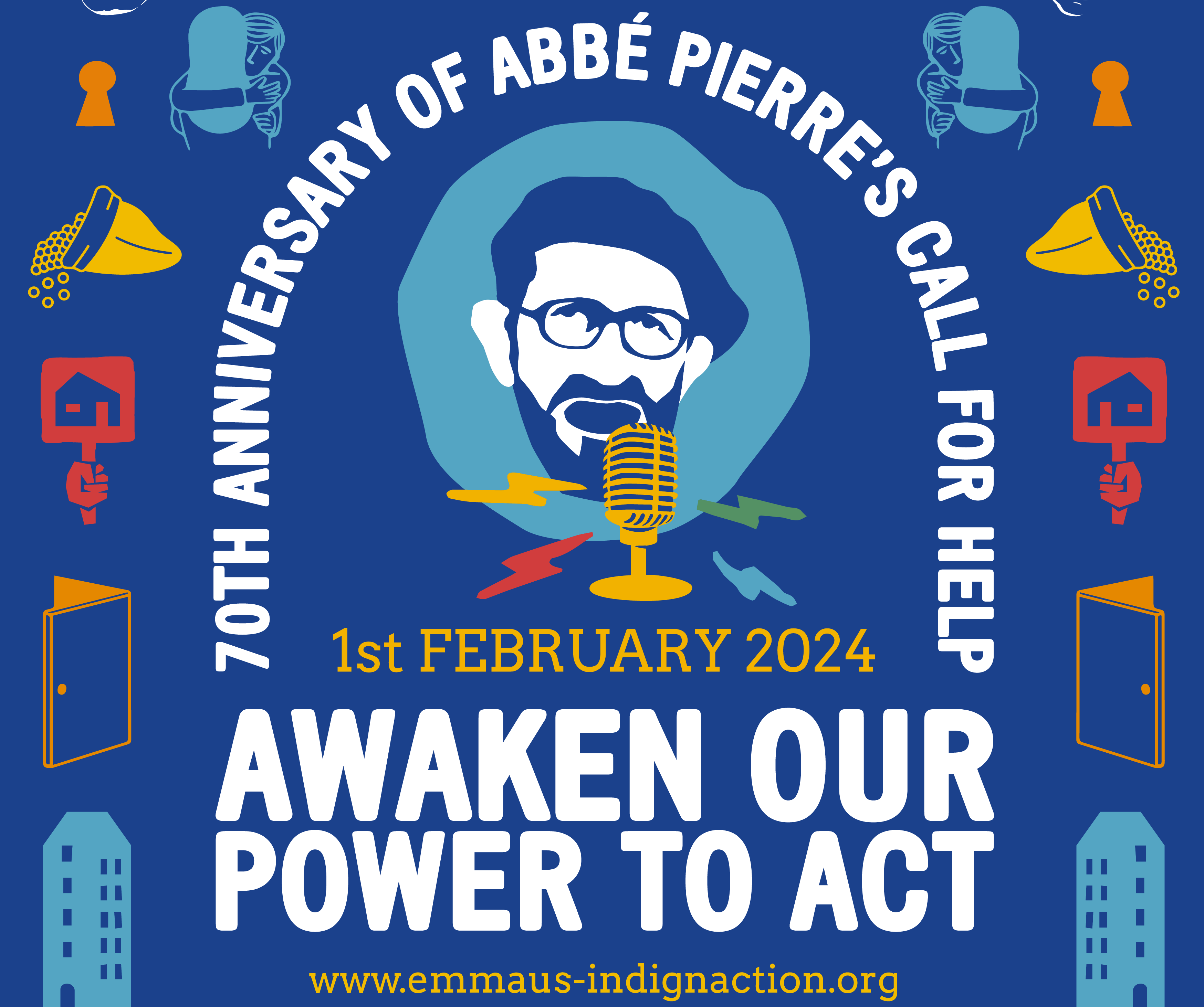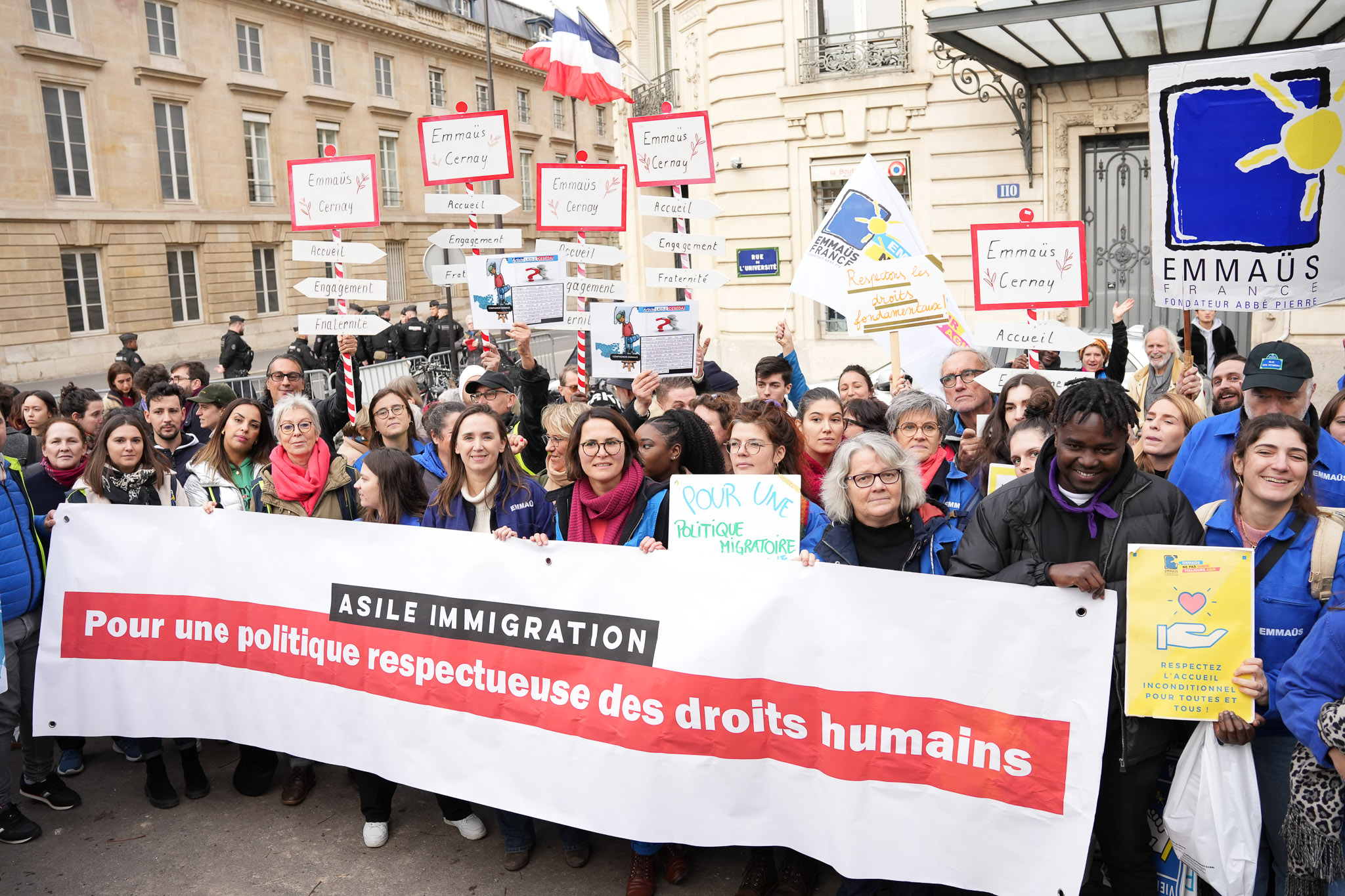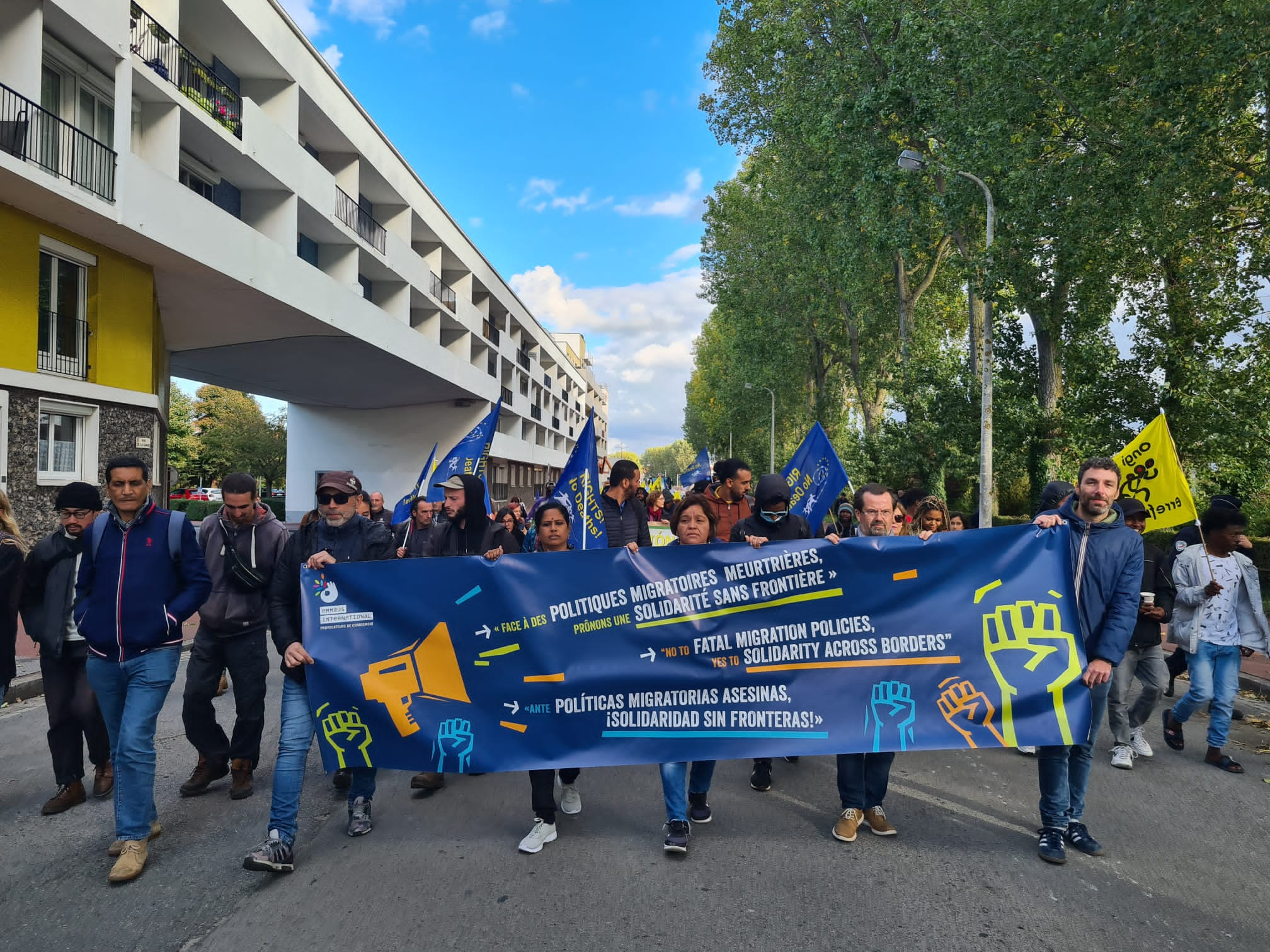"3 questions for..." Beron Molantoa, Director of Emmaus Cordis (South Africa)

Through a series of interviews, Emmaus International would like to share its members’ views on the Covid-19 pandemic and its impact on the movement worldwide. We asked Beron Molantoa, Director of Emmaus Cordis, to share his thoughts. He discusses with us the difficulties of implementing a lockdown in the townships, the social situation in South Africa and how the country’s Emmaus groups are coping with the crisis.
In South Africa, the population has been instructed to stay at home, but its application is practically impossible for poor populations living in townships. What are the reasons for this?
The legacy of apartheid has been exposed by Covid-19. For 25 years, democracy hasn’t addressed the inequality between the majority who are poor and live in townships and the rich white minority, and the elite and politically-connected few.
The basic infrastructure in townships does not help the majority of black people to deal effectively and practically with this pandemic: our roads, hospitals, areas where our people live, the over-crowded schools, long distances to travel to work, sewerage systems and education systems are not equipped enough to enable our people to stay in one area, compared with our white counterparts, and the elite and politically-connected few.
South Africa has the second highest GDP in Africa and the 34th highest in the world. How can we explain this social situation in a country whose wealth is equivalent to that of Israel or Singapore?
This is due to our education system. Our education system doesn’t tackle fundamental issues that affect South Africa in the context of global competition. If you take Singapore as an example, after independence between 1965 and 1972, it ensured that it invested in its population to contribute to the country’s economy and development. Whereas South Africa did little to invest in the education and training of the black majority, to enable them to participate in the growth of their country’s economy.
During the first 10 years of our democracy, we have concentrated in the reconciliation of the nation in place. This project has been a success at the expense of the black majority. Blacks have political power but it has been difficult to use it for the benefit of the black majority. White South Africans have economic power. It is during this period that the fundamental issues of inequality were not tackled as expected by the political majority, which happens to be black.
After 10 years of reconciliation, no concrete actions were taken to tackle the inequalities of the past (education, economy, health, improved infrastructures etc.) to ensure that South Africa is not only a nation of consumers, but that we also manufacture goods.
Instead, our government was focusing on a false transformation that favoured upper, middle classes and the politically connected under the pretext of empowering the black majority. The sad part in favouring certain classes is that we were happy with the status quo, but we still don’t own the economic resources.
How are the Emmaus groups in South Africa coping with this crisis and what are your hopes and fears for the future?
It is difficult and I think it is also too early to answer this question comprehensively. Having said that, based on the enquiries that I have made with our beneficiaries, it is difficult for us to cope. Some are taking chances not to stay at home in order to support their families.
My hope is that we start to think ahead and change our mind-set – not to be happy to be in the first or middle seat on a bus, but to own the bus! Each situation has its own solution. One needs to find those solutions. It’s not easy, but it is doable.


